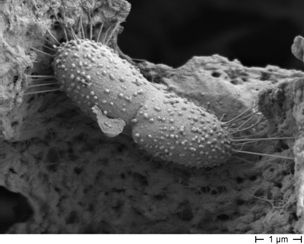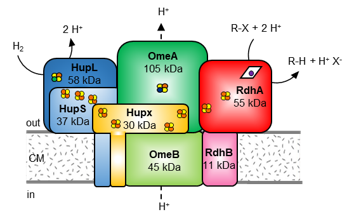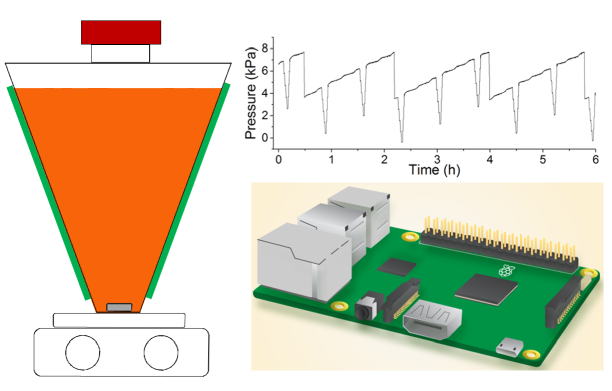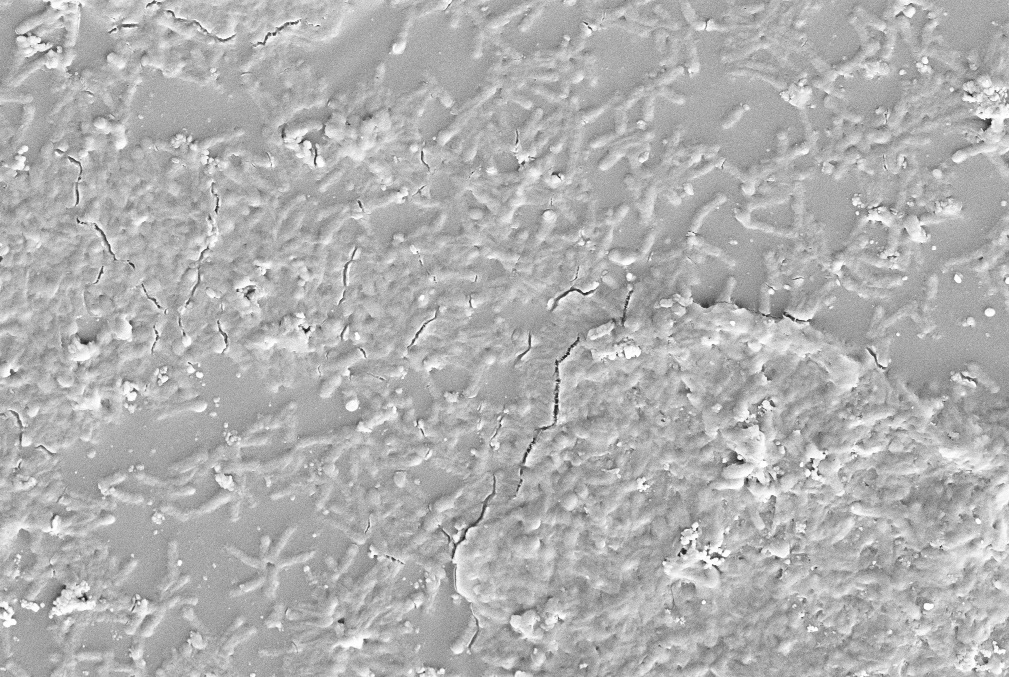
Anja Miltner
Matthias Kästner
Speaker of the DFG-Joint Research Program 2322: https://soilsystems.net/
- Turnover and mass balances of natural and anthropogenic organic compounds in soils and sediments under various environmental conditions (ecosystems)
- Impact and contribution of microbes, microbial biomass and necromass to the formation of (refractory) soil organic matter
- Predicting the fate of chemicals in the environment
- Microbial activity linked to energetics and stoichiometry of degradation processes from microhabitat scale to landscape scale´
- Safeguarding soil and sediment functioning for provision optimal biogeochemical cycling and food provision
- Biochemistry of organohalide respiration
- Biochemistry of autotropic microorganisms
- Mass spectrometry of respiratory metalloproteins
- Early evolution of autotrophic life
- Anoxic microbial transformation of contaminants
- Genomics, physiology and ecology of anammox bacteria
- Metabolic conversion of antibiotics under anaerobic conditions
- Methodological platform for the characterization of enzymatic functions at microgram protein quantities (based on enzyme activities, protein mass spectrometry and isotope applications)
- Mass spectrometric determination of proteins and peptides of microorganisms and mixed communities for other research groups; quantitative expression analysis, stable isotope incorporation analysis
- Assessing the fate of anthropogenic chemicals in constructed wetlands
- Isolating bacteria capable to degrade Contaminants of Emerging Concern; Elucidation of their physiological parameters, biochemistry, and catabolic capabilities
- Deciphering the effect of fluctuating conditions and release of root exudates on the expression of catabolic genes in planted systems
- Understanding process-relevant adaptive mechanisms of microorganisms to changing environmental conditions



